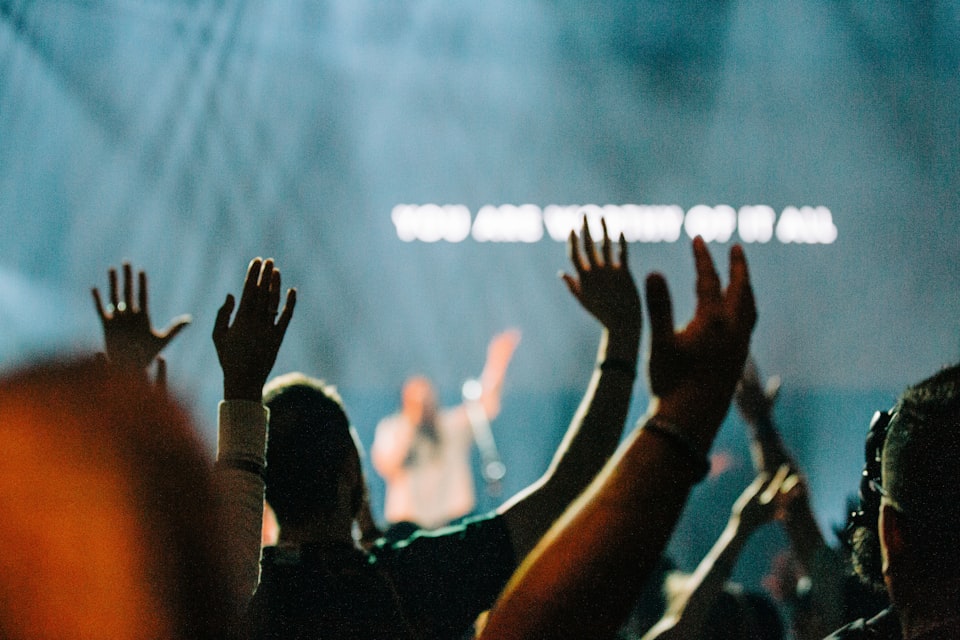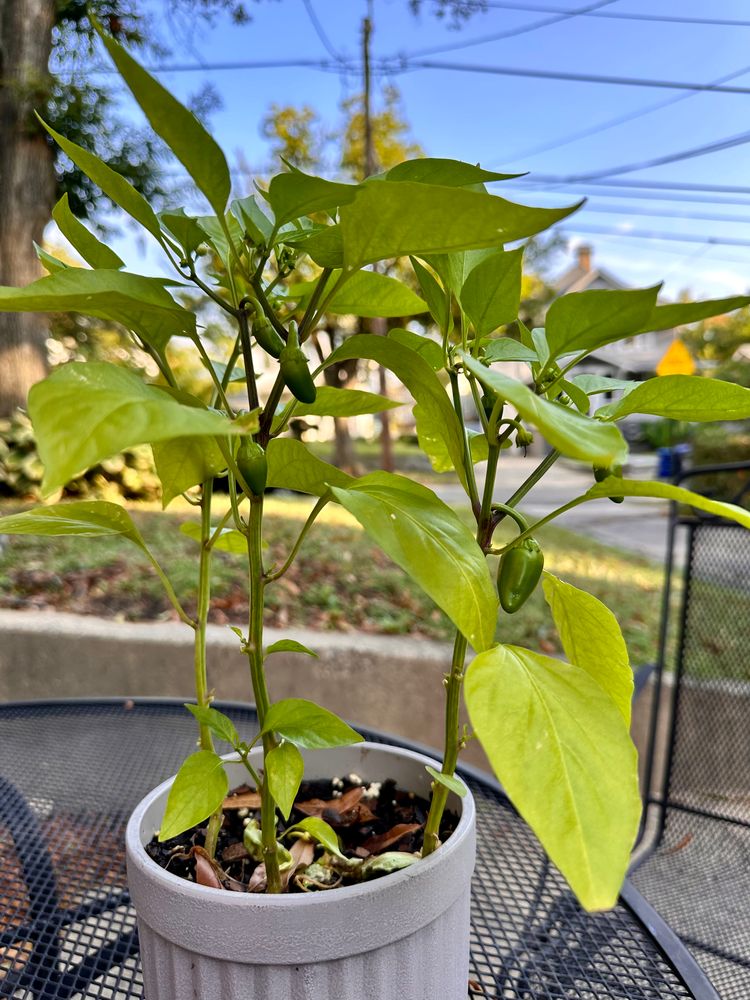Congregational Worship Is Worthy of Debate

The two ministries I have been involved with the longest are Bible teaching and worship. I had my baptism by the Holy Spirit moment in sixth grade and immediately started a Bible study in my middle school. My first lesson was on the faith of the midwives in Exodus 1. Amazingly, I still have my achingly earnest notes.
By seventh or eighth grade, I was leading worship for our youth group and playing keys for "big church." Which means I've been leading worship regularly for over 22 years. I've led in five churches, a campus ministry, youth and adult retreats, and been the fill-in various times.
In those 22 years, there has been one constant: people have real dang strong opinions about congregational worship. I've led in churches with rock bands and churches with organs and hymns; rooms filled with college students and sanctuaries filled with white hair; and now—at The Table Church—a highly progressive, multiracial, LGBTQI+ affirming community. No matter where I've been, disagreements about worship have been incessant.
I don't think this is a bad thing. Instead, it's a testament to the importance of congregational worship and its crucial role in how we feel connected to God and our worship community. If I'm going to spend a chunk of my weekend at a worship service, I want to maximize the possibility that I'm going to have a meaningful experience with God. If the volume is so loud as to hurt my ears or so soft as to make me self-conscious about singing, then it makes sense that I'll be upset. If the rhythms are too tricky for me to follow or the lyrics too unfamiliar to roll off my tongue, then my chances of having a moment of connection with the Divine are diminished.
But for every hundred people in the room, there will be a hundred (or more) opinions about what makes for the best environment to experience God. We are taking something of infinite complexity (experiencing the Divine) and bringing it into conversation with infinite variability (people's emotions and opinions around congregational worship). Conflict is inevitable. Conflict is not inherently bad. Conflict is the natural result of any relationship. How we handle conflict is what can go so wrong.
Congregations eventually settle around norms, practices, values, and demographics. This is a natural function of institutionalizing. It happens regardless of size or formality. Even house churches institutionalize. Those norms apply pressure to what a worship service looks like—what is allowed or forbidden, what is considered normal, "out of the box," or just downright bizarre. If I were to put on a flowing white robe and gulp down a chalice full of wine in front The Table Church, it would be downright bizarre. In an Episcopal parish, it would be yawn-worthy.
In my 22 years of worship ministry, I've been in the middle of many, many (many) conflicts about what best facilitates an environment for encountering God. Many of those conflicts were worthwhile. Sometimes, they were downright silly. I was once called to a formal meeting amongst the lead pastor, associate pastor, the decorating committee, and myself. The decorating committee was appalled—infuriated!—that the associate pastor and I had placed an open Bible on the communion table because it didn't leave enough room for their Thanksgiving cornucopia display. They were going to pull their tithes and not start giving again until the Bible was removed.
But many times, the conflicts are not so silly. At another church, I was told by several older folks that the words on the screen were too small to be read clearly. With my reasonably strong 20-something vision, I didn't take this seriously. I realize now that I was engaging in ableist behavior, prioritizing my design aesthetics over legibility.
Another set of folks were uncomfortable with the lyrics of "Reckless Love." For someone who is caretaking for an older parent or who has a spouse who has a chronic illness, is it all that comforting to think of God's love as reckless? The lack of theological precision in the (admittedly poetic) lyrics made some wonder about God's ability to care for them well.
At The Table, our questions are both critical and complex. For instance, our congregation has people who have experienced significant spiritual and emotional trauma, usually at the hands of religious leaders. When people's sexuality, gender, race, or disability have been the targets of harassment and persecution within worship services, it's no surprise that any worship service—even within a progressive, affirming church—can be a triggering experience. How do you then create a worship service that promotes psychological safety? How do you curate an environment that fosters growth and calibrates invitation and challenge but isn't harmful or retraumatizing? What songs do you choose? How do you arrange the seating, the lights, the stage? What pronouns for God do we use or avoid?
We're also facing questions of financial ethics. Almost all churches pay annual copyright fees for the rights to perform, record, and stream music written by other artists. For every song we sing published by, for example, Bethel Worship, we give them a few cents. Therefore, The Table Church is—in a small but measurable way—financially supporting a church and organization that supports conversion therapy, has leaders who stump for Trump, and has a notorious record of spiritual abuse. On the other hand, that same music can spiritually move people significantly. Therefore it makes sense that some don't want to surrender that music to the jackasses.
There are also questions of culture, race, and aesthetics. A church can give off a (for lack of a better word) vibe through dozens of little choices that seem invisible to some and glaringly apparent to others. The Table Church is growing as a multiracial and multicultural congregation. But much of The Table's history was steeped in white evangelicalism, even if it was a reaction against it. This can be seen in what is considered "the default" for song choice, what we call the singers and instruments ("worship team," "the band," "praise singers,"), the length of service, the physical posture of the congregation, what time people come in or leave, what's considered singable or what rhythms are thought to be tricky, and more. The research of Dr. Korie Little Edwards shows that most multiracial churches default towards whiteness. Historically majority-white churches can't accidentally trend themselves away from whiteness. It takes intentional, routine, and often high-friction decisions to be the exception.
As a pastor in a church with a small staff, constantly trying to decide which urgent thing is most urgent, I'll admit that some of these questions can fly beneath my attention. But public, congregational worship acts as an immensely efficient fulcrum. A slight nudge can leverage tons of effects multiplied across dozens or hundreds of people.
All of this is to say that the debates around congregational worship are worthy debates to be had. Starting with that conversational posture—that what we're talking about is worth talking about—can by itself make these deliberations much easier to have.






Member discussion